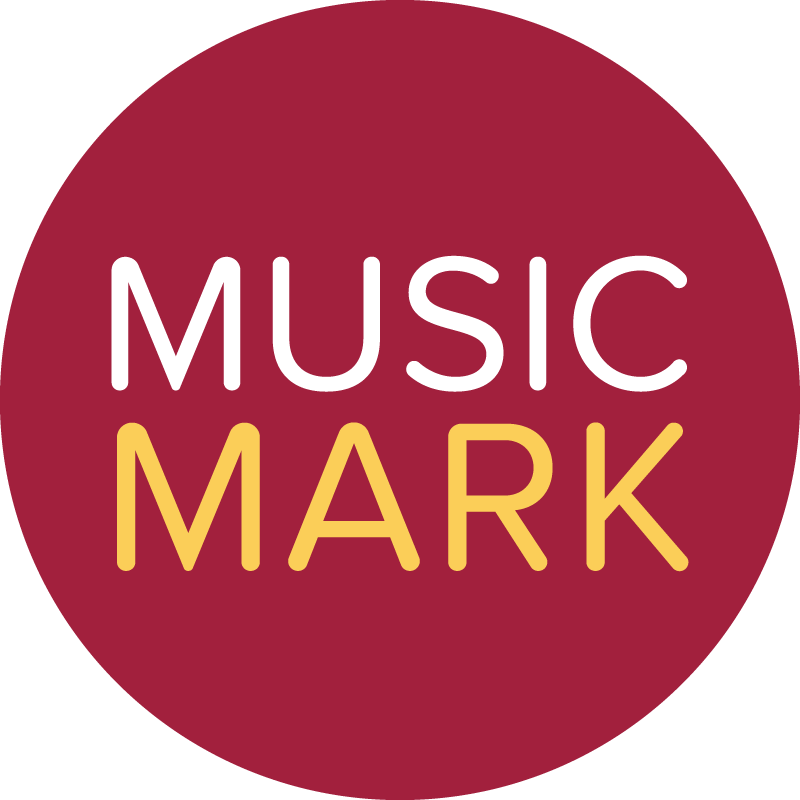Information Technology
“Alan Turing gave us a mathematical model of digital computing that has completely withstood the test of time. He gave us a very, very clear description that was truly prophetic.”
George Dyson
Our mission is to allow students to be part of the digital revolution and be at the forefront of technology in the 21st Century. They will have the confidence to use the range of information technologies that are currently available, as well as being adaptable and resilient enough to deal with the rapid advances in this field. They will have robust problem solving skills and the ability to take data and create digital solutions. Students will be empowered to make safe decisions and understand the consequences of cybercrime.
The study of ICT will provide the skills and knowledge for our future generations to make a positive contribution to society in a digital world. .
Assessment
Year 12
Year 13
Year 12
|
|
Term
|
Topic/ Key Enquiry Question
|
Type of Assessment
|
|
Autumn
|
Unit 1.Fundamentals of ICT. Students look at the key areas of computer hardware, understand computer software and look at business IT systems.
Unit 2. Global information. Students study how information is stored and the uses of information.
|
Ongoing assessment via exam style practice questions at end of each module.
|
|
Spring
|
Unit 1.Fundamentals of ICT. Students look the skills needed in the IT industry and ethical & operational issues. Computer threats are also studies.
Unit 2. Global information. Students look at the difference between data and information, how it can be analysed and the legal implication of storing date
|
Ongoing assessment via exam style practice questions at end of each module.
|
|
Summer
|
Units 1 and 2 are tested in public examinations.
Unit 8. Project management. Students look at the different management styles and create their first piece of coursework based on this.
|
Summer Examinations.
Internally assessed coursework and externally moderated by the examination board.
|
|
Extra-Curricular Activities
Possibility of extra curricular visits.
How can you help at home?
Encourage students to read Computer magazines.
Research information using Youtube and the Internet.
Revise the work using textbooks.
|
[Top of the page]
Year 13
|
|
Term
|
Topic/ Key Enquiry Question
|
Type of Assessment
|
|
Autumn
|
Unit 8. Project management. Students started this coursework in year 12, they continue to complete the work ready for assessment in January.
Unit 3. Cyber security. Students study what is meant by cyber security, understand the issues surrounding it and measures used to protect against cyber incidents.
|
Unit 8 is internally assessed coursework and externally moderated by the examination board.
Ongoing assessment via exam style practice questions at end of each module. The students are able to take the public examination in January for this unit.
|
|
Spring
|
Unit 17.The Internet of Everything. Students start the second piece of coursework and look at how the modern world is increasingly becoming connected to the Internet. Students look at devices that are available now and design a device of the future.
|
Ongoing assessment via exam style practice questions at end of each module.
|
|
Summer
|
Unit 17.The Internet of Everything. Students finish this coursework with a presentation of their ideas and finalise their second piece of coursework.
Unit 3 Cyber security. Students have the opportunity to retake the unit 3 exam in May if needed.
|
Internally assessed coursework and externally moderated by the examination board.
In needed, students can take a re-sit of the Unit 3 examination in May.
|
|
Extra-Curricular Activities
Possibility of extra curricular visits.
How can you help at home?
Encourage students to read Computer magazines.
Research information using Youtube and the Internet.
Revise the work using textbooks.
|
[Top of the page]
How we assess what your daughter has been taught;
ICT
|
|
How will classwork be marked/ monitored/ graded/ self-assessed
|
Student booklets will be reviewed regularly in year 12.
Coursework makes up the majority of the work in year 13 so may be reviewed every 2 to 3 weeks.
|
|
What classwork will be marked?
|
Classroom notes will be reviewed and practice exam papers, usually with student involvement to help them understand the marking criteria better.
|
|
How will students be "reflect" on marking/ feedback?
|
In KS5 reflection usually takes place by looking at the criteria they need to achieve and seeing how they can improve their performance.
|
|
How will Homework be marked/ monitored/ graded?
|
Homework booklets will be given based on exam style questions. These will be marked as and when needed and a mark awarded.
Homework may also include independent research or reading around a topic.
|
|
What are the formal Assessments? When are they marked?
|
In Year 12, students are assessed at the end of each learning objective. The assessments given are practice exam questions and are graded according to exam grade boundaries to gain insight to the level they are working at.
Year 13 use the exam criteria extensively whilst completing coursework and they are graded to those criteria.
|
[Top of the page]














